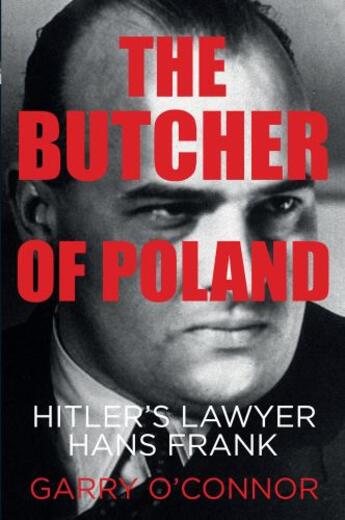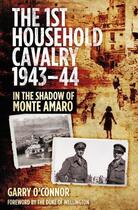-
Nombre de pages : (-)
-
Collection :
(-)
-
Genre :
(-)
-
Thème :
Non attribué
-
Prix littéraire(s) :
(-)
Résumé:
The life of the Bavarian Hans Frank, one of the ten war criminals hanged at Nuremburg in 1946, who converted to Catholicism before he died, has not received the full attention the world has given to other Nazi leaders. In many ways he warrants it more. His life symbolises the hubristic and... Voir plus
The life of the Bavarian Hans Frank, one of the ten war criminals hanged at Nuremburg in 1946, who converted to Catholicism before he died, has not received the full attention the world has given to other Nazi leaders. In many ways he warrants it more. His life symbolises the hubristic and visionary ambition Germany had to an alarming degree much better than anyone else, perhaps because he was an intellectual of the highest calibre: 'Can't they see,' he said of his fellow accused at Nuremburg, 'that this is a horrible tragedy in the history of mankind, and that we are the symbols of an evil that God is brushing aside?' As he recognised by the end he was a primary, if not the exemplary, symbol, his remorse, self-pity, and arrogance knew no bounds as they vied with his contrition. 'In Prague, big red posters were put up on which one could read that seven Czechs had been shot today. I said to myself, "If I had to put up a poster for every seven Poles shot, the forests of Poland would not be sufficient to manufacture the paper." (Hans Frank, 6 June 1940)
Donner votre avis















